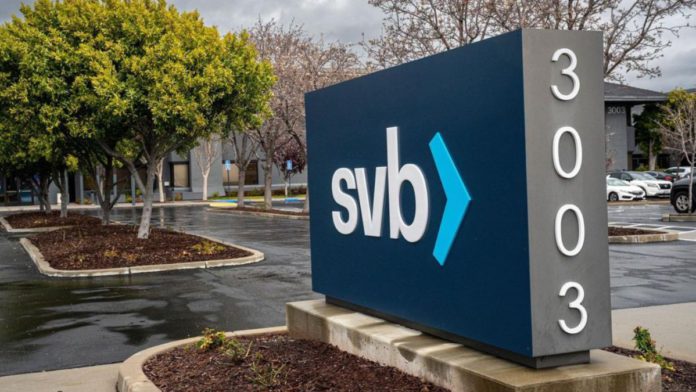The shocking announcement that Silicon Valley Bank (SVB) would shut down on Friday rocked the financial community. Since the collapse of Washington Mutual more than ten years ago, the fall of the 16th largest lender in the United States is regarded as the biggest bank failure.
Almost 10,000 startups and small businesses with accounts at Silicon Valley Bank may not be able to pay their employees in the next 30 days, according to a petition sent to the US government on Sunday by Y Combinator. The collapse is expected to have an impact on about 1 lakh jobs.
One-third of the Y Combinator community businesses utilize Silicon Valley Bank as their sole bank account, according to the petition sent to US Secretary of the Treasury Janet Yellen. The petition stated that if the average small firm or startup employs 10 employees, over 100,000 jobs in the most dynamic sector of innovation in our economy would be immediately affected by furloughs, layoffs, or shutdowns.
Read More: Bahrain Institute Of Banking And Finance Announces Campus In The Metaverse
The president and CEO of YCombinator, Garry Tan, stated earlier this week that startups might be forced to shut down or lay off employees as a result of the SVB upheaval. According to the CEO of Y Combinator, this can set startups and innovation back by almost ten years.
According to US Treasury Secretary Janet Yellen, the Biden administration will not save the closed bank but is working to assist the depositors worried about their money. Deposits up to $250,000 (about 2.04 crore) are insured by the Federal Deposit Insurance Corporation. However, most businesses and wealthy customers of the bank had accounts beyond that level.
The SVB shares experienced their largest loss since 1998 on March 9, falling 41%. Its stock fell after SVB said that it had sold all of the securities in its portfolio that were on the market for sale and revised its annual outlook to reflect a more significant fall in net interest income.
On March 10, a California regulator closed Silicon Valley Bank and named the Federal Deposit Insurance Corporation as the receiver. After falling 66% in premarket trading, the bank’s shares were halted.


